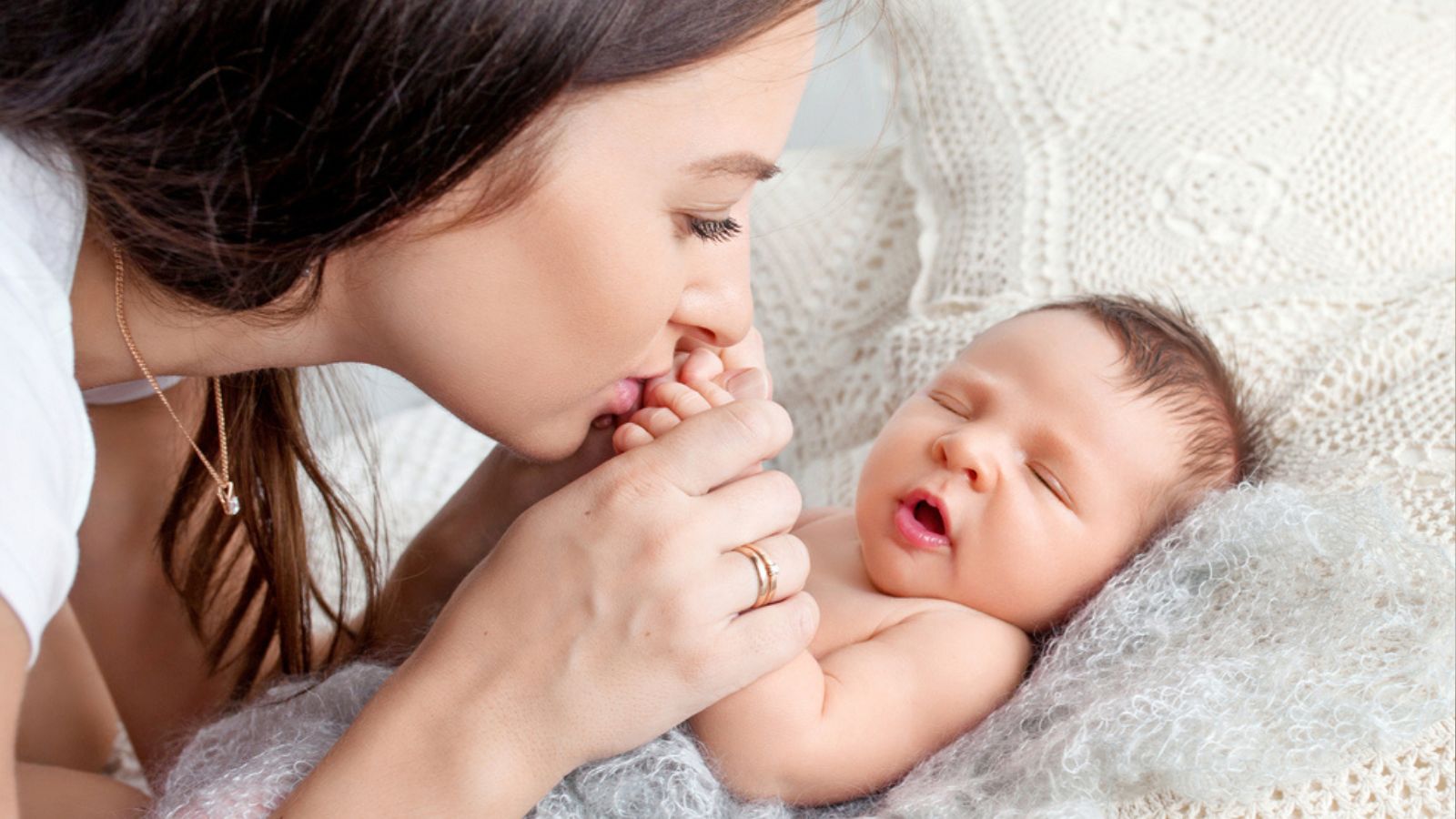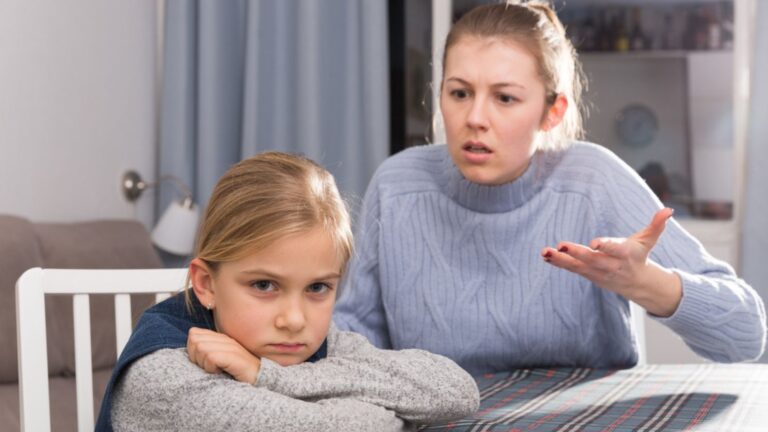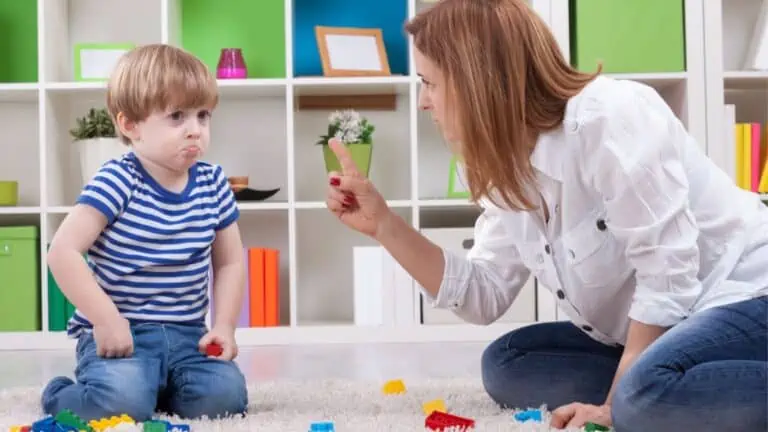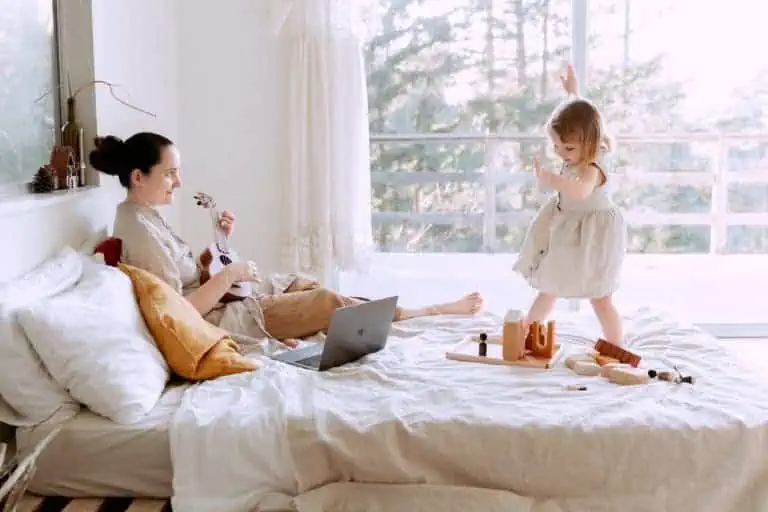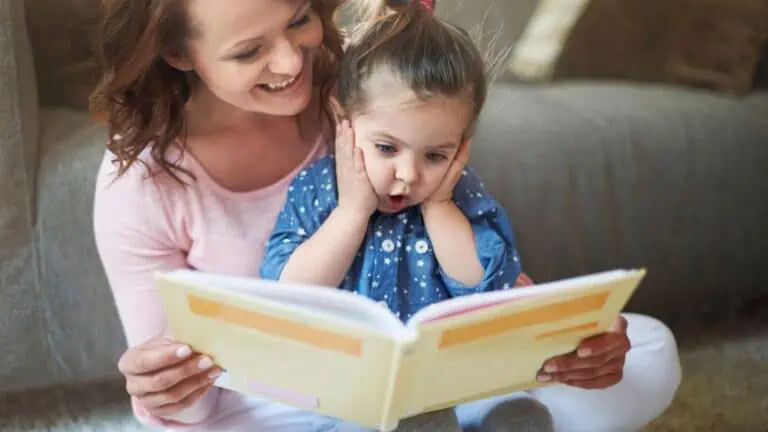18 Things Parents of Newborns Don’t Need from Visitors
This post may contain affiliate links. As an Amazon Associate, I earn from qualifying purchases.
When a new little bundle of joy arrives home, everybody is eager to see them. Before you know it, visitors start arriving, some with more baby-visiting etiquette than others. While a new mom is happy to have help and human interaction for her and her new baby, there are things they’d rather not experience from visitors.
As a new mom, you may be wondering if you should even allow people to visit and when the perfect time for that is. John Hopkins Medicine advises new parents to have boundaries for their visitors and limit the number of people visiting.
A new mom may not be able to say them outright, but here are 18 things parents of newborns don’t need from visitors, along with what you can do instead to offer genuine support for a new parent.
1. Holding the Baby (Unless Mom Wants It)
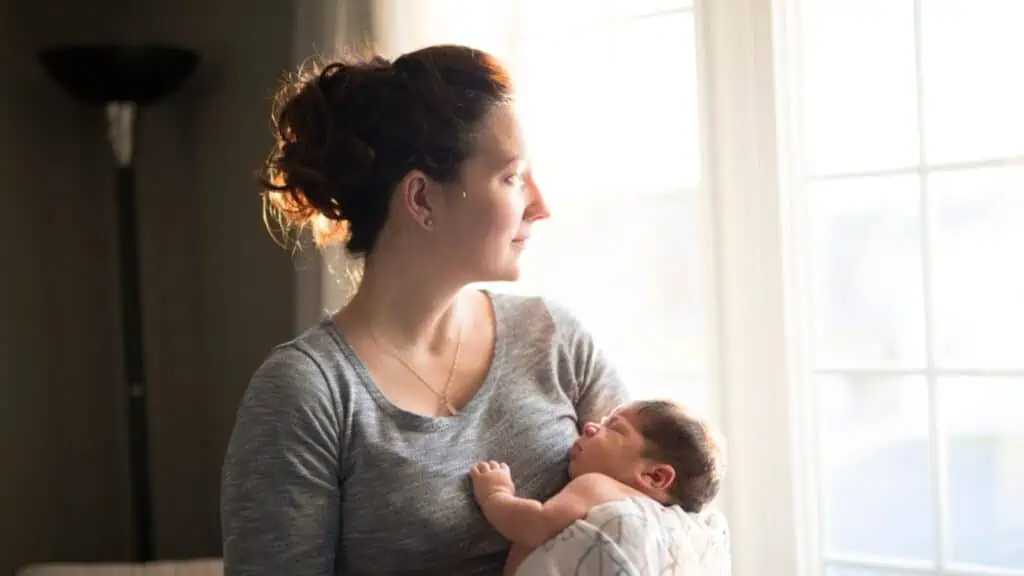
While wanting to hold the adorable new addition is natural, many new moms feel anxious about handing their baby over to others. This is especially true if the baby is still very young or if there are a lot of visitors present. A new mom may be uncomfortable giving her delicate neonate to be held by many hands, which should be respected.
Wait for the mom to offer you the opportunity to hold the baby. If she doesn’t, simply enjoy interacting from a distance, offering verbal admiration, and respecting her need to keep the baby close.
2. Kissing the Baby
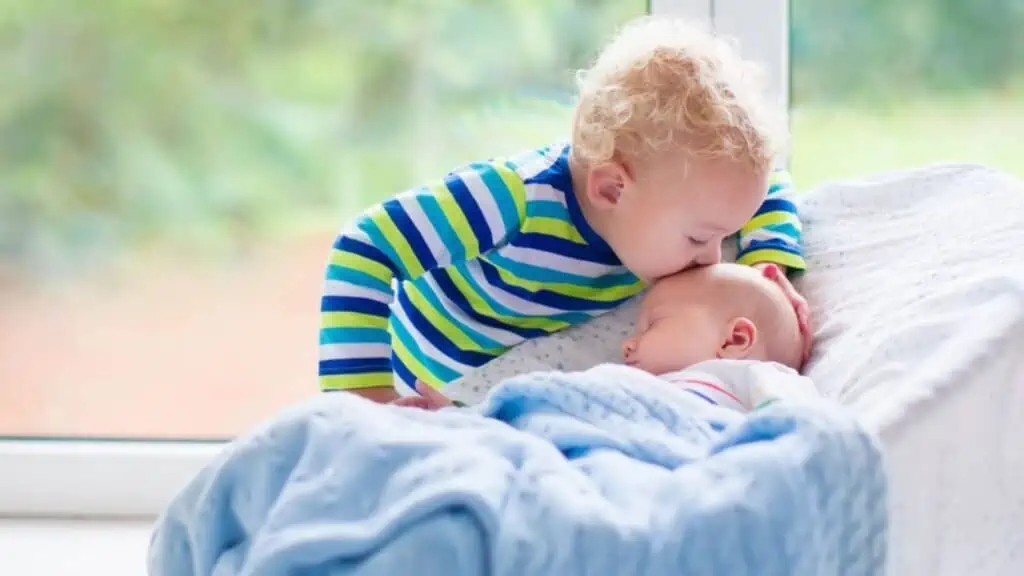
Please don’t kiss a newborn baby when you visit a new mom. Babies’ immune systems are still developing, making them more susceptible to infections. Kissing the baby puts them at risk of catching viruses and bacteria, which can be quite dangerous for a newborn.
Shower the baby with affection through smiles and gentle caresses on the back or feet. Always wash your hands before touching the baby and avoid close face-to-face interactions to keep them safe.
3. Visitors Who Don’t Help

New parents don’t have the time or energy to entertain guests, and expecting to be served food or drink adds unnecessary pressure. Even if the new mom was a great hostess before pregnancy and delivery, don’t expect the same five-course meal when you visit them to see the baby.
Offer to help out with household chores or bring over a hot meal. Acts of service like washing dishes, folding laundry, or even taking out the trash can be immensely helpful to exhausted parents.
4. Guests Showing Up Unannounced
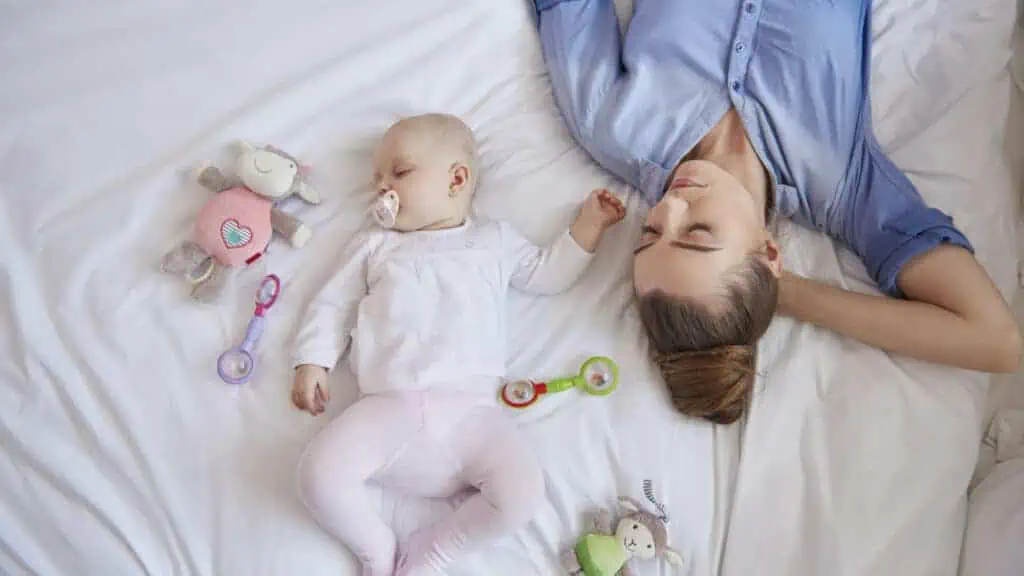
Popping in unannounced can be incredibly disruptive for new parents who are trying to establish a routine and manage their time and energy. They may just be turning in for a nap or in physical pain. Plus, showing up without prior notice makes it difficult for parents to prepare for your visit or clean up the house (if they care, that is).
Always call or text ahead to schedule a visit. Respect their response if they indicate it’s not a good time; new parents need flexibility to manage their unpredictable schedules.
5. Guests Staying Too Long

Don’t visit a new mom without a quick exit plan. Extended visits can drain the limited energy of new parents, who need substantial time to rest, bond with their baby, and adjust to their new life.
Keep your visits short and sweet. A 30-minute visit can be more than enough to show your support and love without overwhelming the new parents. Observe nonverbal cues to know when the new mom needs some rest and when it’s time to leave.
6. Being Asked Judgemental Questions
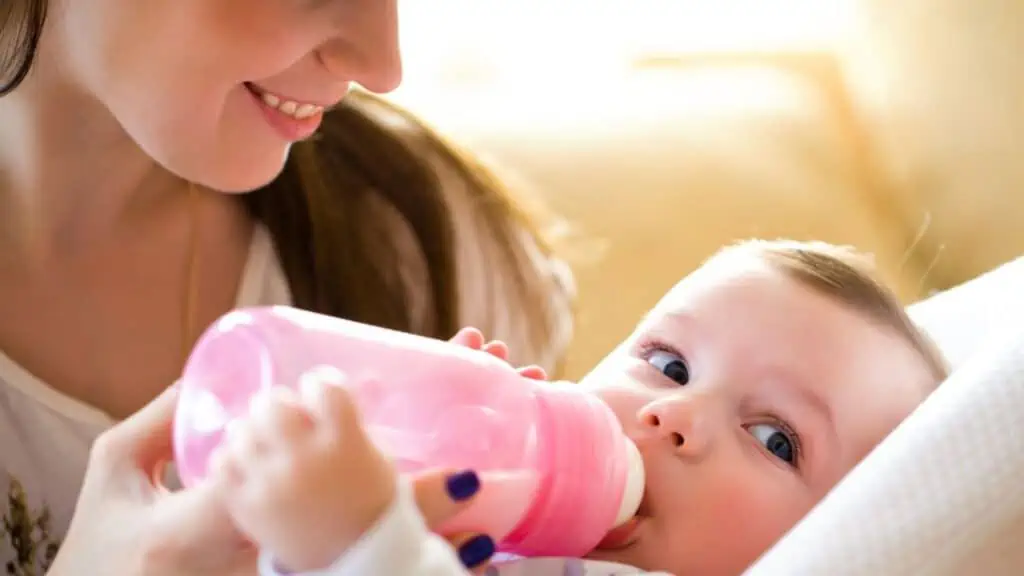
Questions that imply judgment—such as asking why the baby isn’t breastfeeding or why they chose a particular parenting method—can make parents feel criticized and unsupported. This is not the time to ask why they decided to store cord blood and how it’s a bad omen.
Offer open-ended questions that express genuine interest without judgment. “How are you feeling?” or “How can I support you?” are more encouraging and respectful.
7. Their Baby Put on Social Media

Posting pictures of the newborn without the parents’ consent violates their privacy and control over their child’s digital footprint. Do not fall for the temptation to #cutebaby someone’s baby on Instagram without their consent.
Always ask for permission before taking photos of the baby or even posting pictures on social media. Respecting the parents’ decisions and boundaries is crucial to maintaining a healthy relationship with them. Some people are very particular and strict about not having their children on the internet.
8. Unsolicited Advice

New parents will receive plenty of advice from all corners, including well-meaning friends and family. However, unsolicited advice can make them feel like they are not capable of making decisions for their own child. While intentions may be good, they can come across as intrusive and controlling.
Instead of offering advice, ask the new parents if they need any help with anything specific. If they do, then offer your advice in a non-judgmental manner. Otherwise, simply offer words of encouragement and trust in their ability to make the best decisions for their family.
9. Criticizing the Parents’ Choices
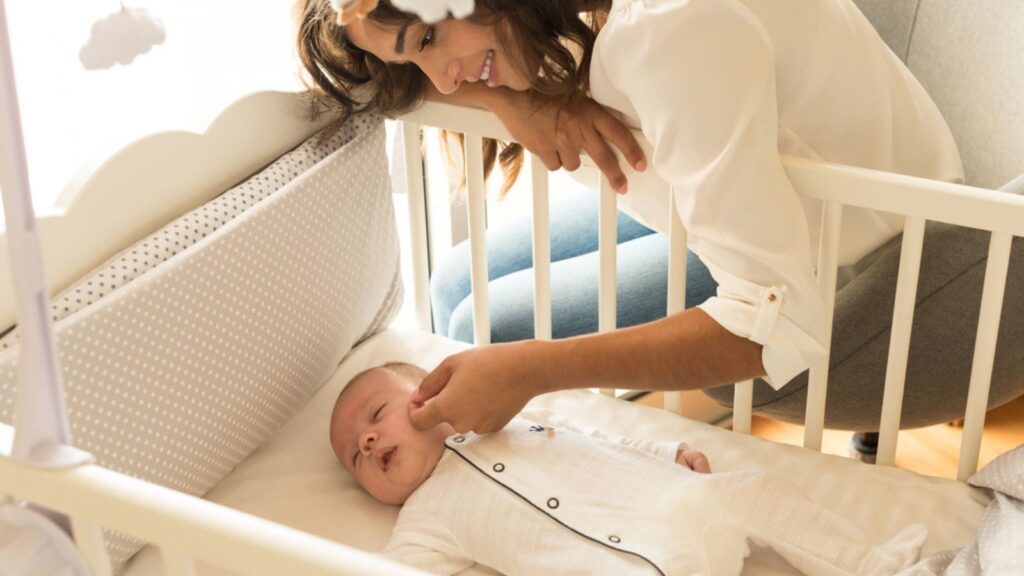
Every parent has a unique parenting style and makes choices based on what they believe is best for their child. Criticizing these choices, whether it’s about feeding, sleeping, or even dressing the baby, can be hurtful and disrespectful.
If you have concerns about the parents’ choices, respectfully address them and offer your perspective without judgment. The best practice is not to comment on their choices unless they hurt the baby.
10. Comparing Babies

Every baby is unique and develops at their own pace. Comparing babies can make new parents feel like their child is not meeting expectations or milestones. This can lead to unnecessary stress and anxiety for the parents and create a competitive environment among babies.
Celebrate the child’s individuality and milestones instead of comparing them to other babies. Every baby is special in their own way, and it’s important to acknowledge that.
11. Telling the Mother How Tired She Looks

Trust me, she knows she has eyebags the size of California, and the Mississippi River is leaking through her T-shirt. Comments about how tired the mother looks can feel insensitive and diminish her tremendous efforts and resilience.
Offer words of encouragement and admiration. Compliments like, “You’re doing an amazing job,” can go a long way in boosting her spirits and confidence.
12. Bringing Their Own Kids

If you don’t get a sitter for your own babies, postpone your visit until you do (or make it short and sweet just to check in). Bringing your own children, especially if they’re older and busy (aka toddlers), and expecting the new parents to entertain or supervise them adds unnecessary stress to their already busy lives.
Arrange for childcare for your kids before visiting, ensuring that your visit is focused on supporting the new parents and their newborn.
13. Criticizing the Baby’s Name or Appearance

It may not be the name you’d have chosen, but negative comments about the baby’s name or appearance can be deeply hurtful and are entirely unnecessary. Remember that the parents chose the name and love their child, regardless of their appearance.
Praise the baby’s unique features and compliment the parents’ name choice. After all, it reflects their love for their child. And if you really have an issue with the name, keep it to yourself and respect the parents’ decision.
14. Not Washing Hands Before Holding the Baby

Newborns have a weak immune system, making them susceptible to germs and infections. If the parents allow you to hold the baby, not washing your hands before holding the baby can put their health at risk.
Always wash your hands or use hand sanitizer before touching the baby. This small action can go a long way in keeping the baby healthy and safe.
15. Being Too Loud or Overexcited
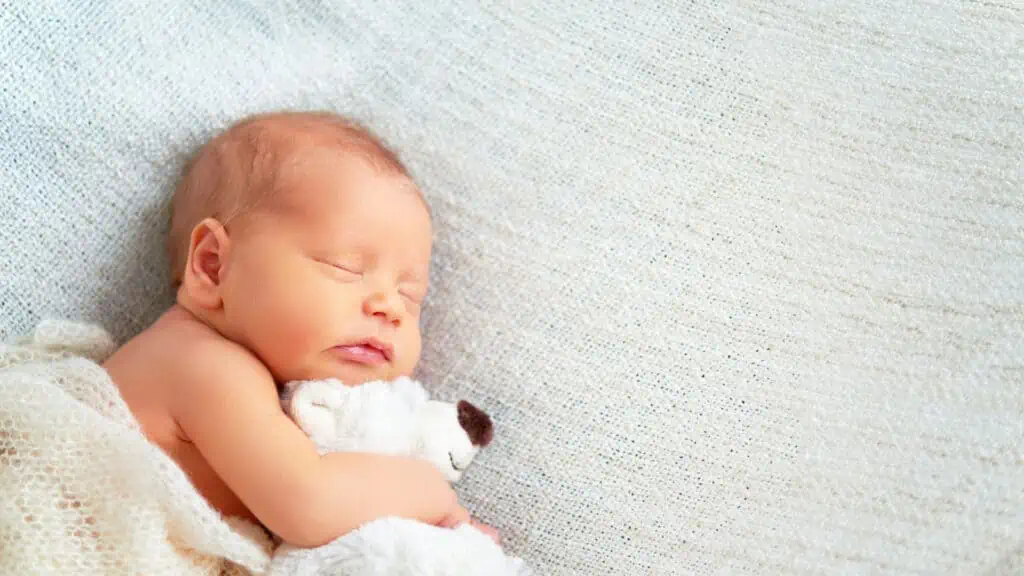
While visiting a new mom and her baby can be exciting, being too loud or overexcited can overwhelm the baby and disrupt their routine. Newborns need a lot of sleep, and loud noises or excessive excitement can interfere with their much-needed rest.
Be mindful of your volume and energy when visiting a new mom and her baby. Keeping calm and quiet can help create a peaceful environment for the baby to rest in. And if you notice the
16. Ignoring Household Rules
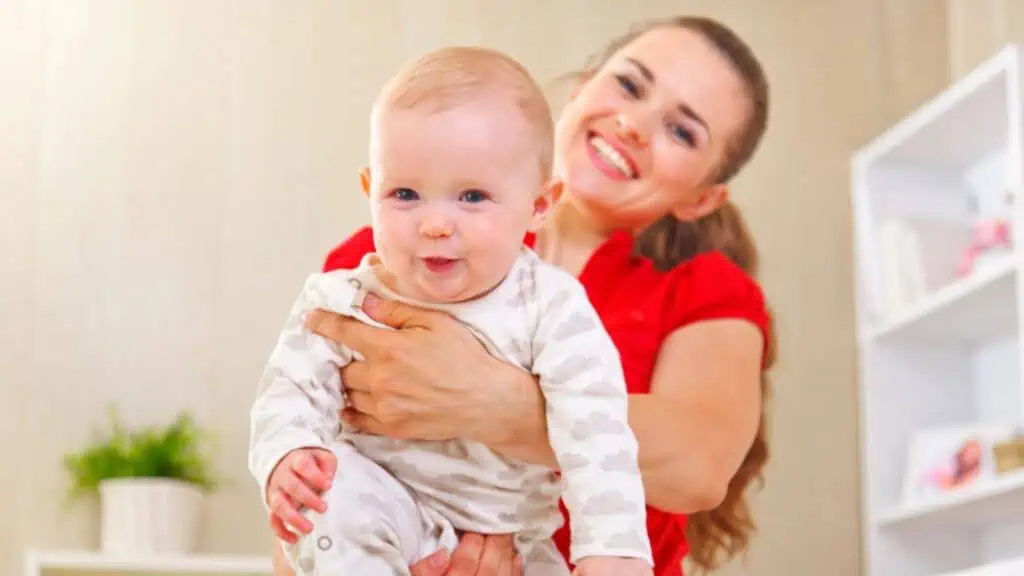
Do not disregard the new parents’ rules for their home. These rules include anything from taking off your shoes to limiting screen time around the baby. These rules are in place to keep their home and baby safe, and it’s important to respect them.
Always ask for permission before doing anything that may go against the parents’ rules. And if there are specific guidelines for holding or caring for the baby, make sure to follow them carefully. This will ensure a harmonious and comfortable visit for everyone involved.
17. Bringing Large Crowds

Do not show up with multiple friends or family members without prior approval from the new parents. Large groups can be exhausting and loud. This can be overwhelming for the baby and disrupt their routine.
Check with the new parents before bringing any extra people along. And if they prefer a smaller, intimate gathering, respect their wishes and plan accordingly.
18. Making Negative Comments About the Home

Even if it looks like it, do not comment on the state of the house or imply that it should be tidier. New parents are often sleep-deprived and trying to get by. They may not have the time or energy to keep their house as tidy as they would like.
Instead, offer to help with household chores or bring a small gift that can make their lives easier. This can be more helpful and appreciated than negative comments about the state of their home.
20 Strong Words Parents Should Never Say to Their Kids

Countless adults sitting in a therapist’s office today are grappling with the lasting impact of words spoken by their parents during childhood. Regardless of how you perceive yourself, in your child’s eyes, you are nothing short of the most remarkable thing to happen to them since “skip intro.” This underscores the critical importance of being mindful of what you say to your children, as your words become the small but influential voice in their developing minds.
20 Strong Words Parents Should Never Say to Their Kids
16 Common Phrases Grandparents Should Stop Saying to Their Grandkids
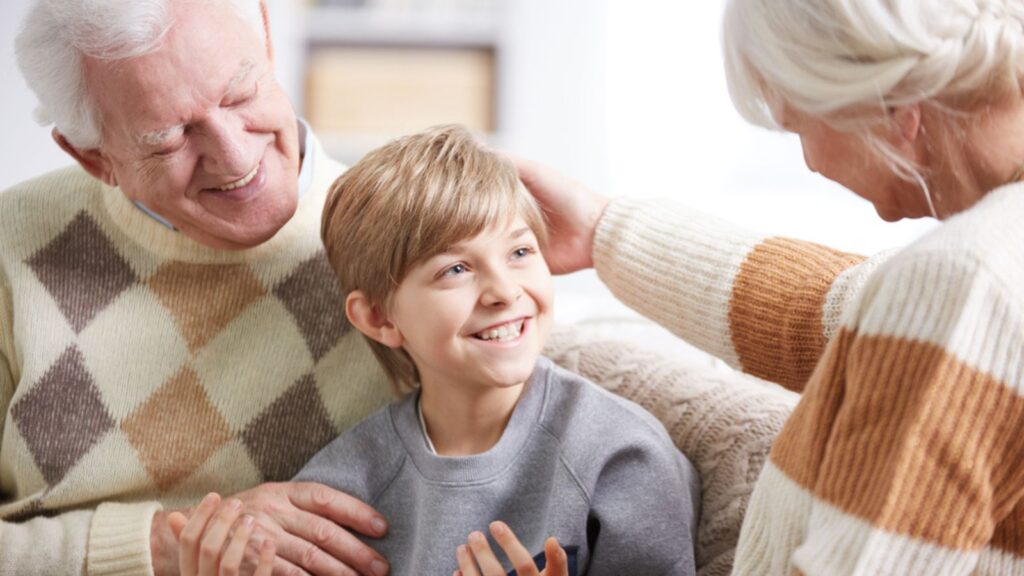
Do you still remember something your grandparents said that made you uncomfortable? As much as we adore our grandparents, their words (even with good intentions) can sometimes hurt our feelings or are plain embarrassing.
If you are a grandparent, using your words mindfully around your grandkids is as crucial as any other relationship. Words hold immense power and shape our kids’ behaviors and perceptions.
16 Common Phrases Grandparents Should Stop Saying to Their Grandkids

